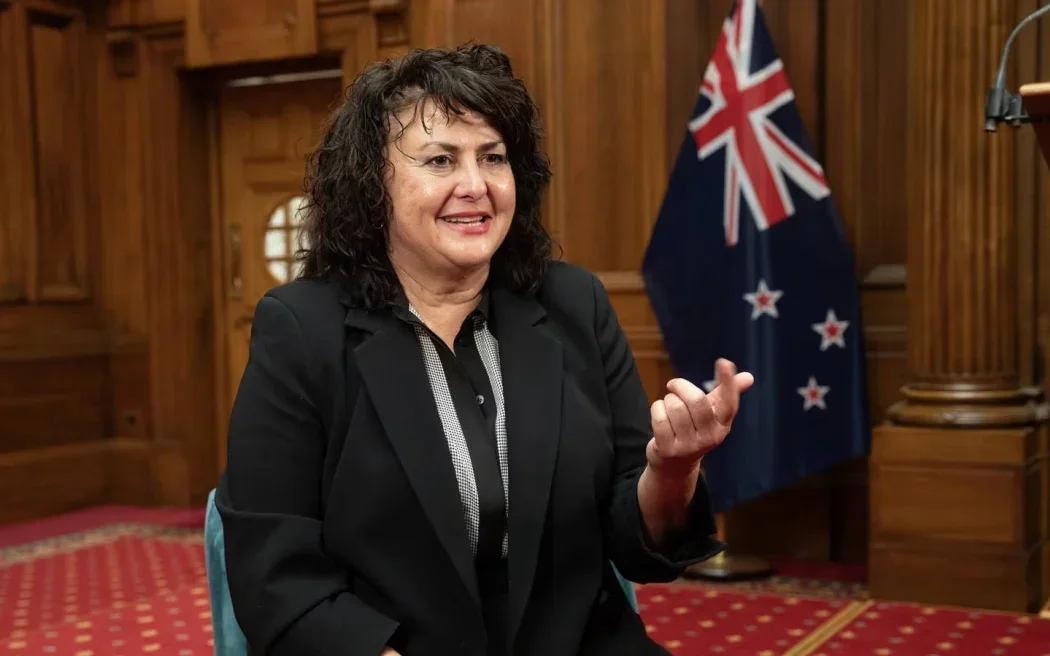‘Most deteriorated’ — NZ plummets in global tobacco control ranking
New Zealand has suffered the largest drop of any country in a global assessment of tobacco industry influence, falling from 2nd place in 2023 to 53rd in the 2025 Global Tobacco Industry Interference Index.
The report, released by the Global Center for Good Governance in Tobacco Control, ranked 100 countries on how well they protect public policy from tobacco industry lobbying. New Zealand’s sharp decline was linked to the repeal of smokefree generation laws, a tax cut benefiting heated tobacco products, and close links between political staff and lobbying groups.
Advocacy group Vape-Free Kids called the fall “a staggering drop” and “an international disgrace”.
“New Zealand has become an embarrassment and an example of how quickly a government can be influenced by the tobacco industry,” co-founder Charyl Robinson said.
However, Associate Health Minister Casey Costello dismissed the report as “ridiculous”, arguing that what matters is smoking rates, not whether the government criticises tobacco companies.
New Zealand’s daily smoking rate has fallen to 6.9 percent, one of the lowest in the world.
Costello defended the scrapping of smokefree generation and retailer reduction laws in 2024, and her decision to cut excise tax on heated tobacco products by 50 percent. She said the intention was to encourage smokers to switch to less harmful alternatives.
But Treasury officials warned the tax break would primarily benefit Philip Morris, which effectively holds a monopoly on heated tobacco in New Zealand.
Labour leader Chris Hipkins said Labour would reverse the tax cut, calling it “a tax break for tobacco companies based on questionable advice”.
The report also highlighted what it described as weak lobbying transparency, noting there is no requirement for tobacco industry representatives to register or disclose interactions with government officials. It pointed to former political staff now working for tobacco firms as evidence of a “revolving door”.
Cancer Society advocacy lead Rachael Neumann said the report shows industry influence has increased, and warned that winding back smokefree reforms will mean “more smoking, more addiction and more cancer”.
Costello rejected that claim, saying the government remains guided by international protocols on industry engagement.

